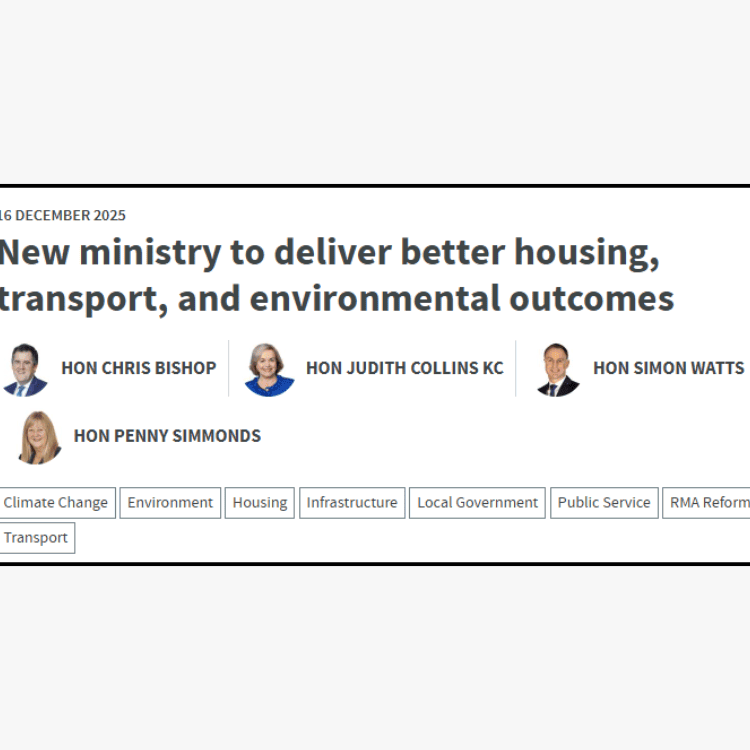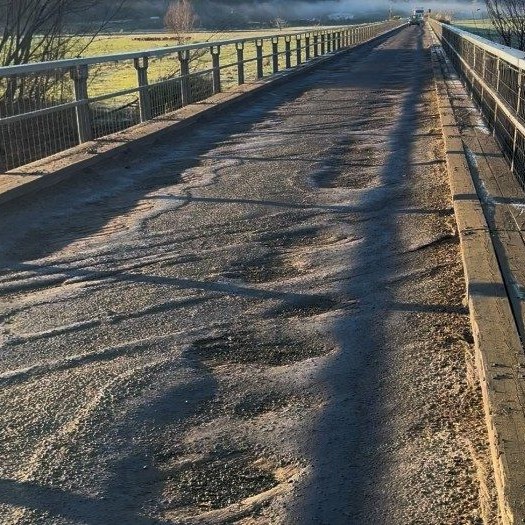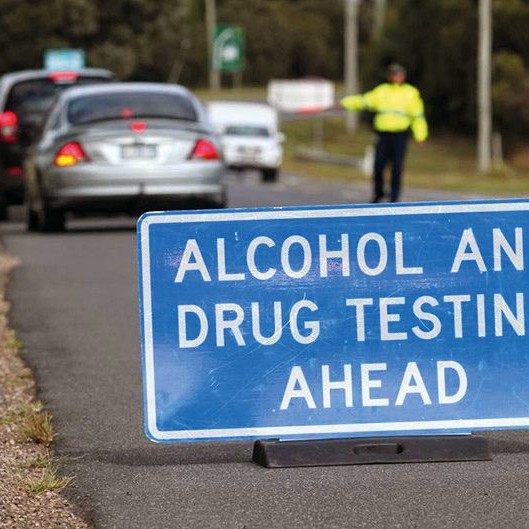
The Prime Minister clearly hasn’t read the draft bill to legalise recreational cannabis, Road Transport Forum (RTF) chief executive Nick Leggett says.
“That was clear after watching her answer a question at Parliament yesterday, on the bill and the 2020 election referendum,” Leggett says.
“For her to say ‘what we prepared is a draft bill so that there will be that full information to members of the public – that if they support the bill, that is the legislation that at least three parties in this House have said that they will then support to enact’ (Hansard), is misleading and clearly shows she has not read the draft bill.
“In its current form, the bill is too incomplete to vote on in an election referendum this year. People need the full picture before such an important vote, with such far reaching consequences.
“For a start, there is no consideration for workplace and road safety. Already, the number of people being killed by drug impaired drivers on New Zealand roads is higher than those killed by drivers above the legal alcohol limit.
“We care about road safety and we cannot see how this bill will in any way contribute to safer roads.
“International research shows that with legalisation of cannabis comes higher use and new users. It also shows that a lot of the people who currently purchase cannabis illegally, continue to use those suppliers after legalisation, because of price.
“Employers and Boards are bound by strict health and safety legislation and we cannot see how this bill in any way correlates to that. In fact, the legislation that covers this, is not mentioned in the list of relationships ‘between Act and other enactments’.
“The Minister who introduced the bill (Hon Andrew Little) was quoted as saying that exploring the risks of drugged driving and workplace impairment would be pushed back until after the referendum vote. We don’t believe that is good enough.
“We believe people should be given all the facts before they vote on this bill.
“We also believe all parties should be clear on whether or not they consider the referendum binding,” Leggett says.





